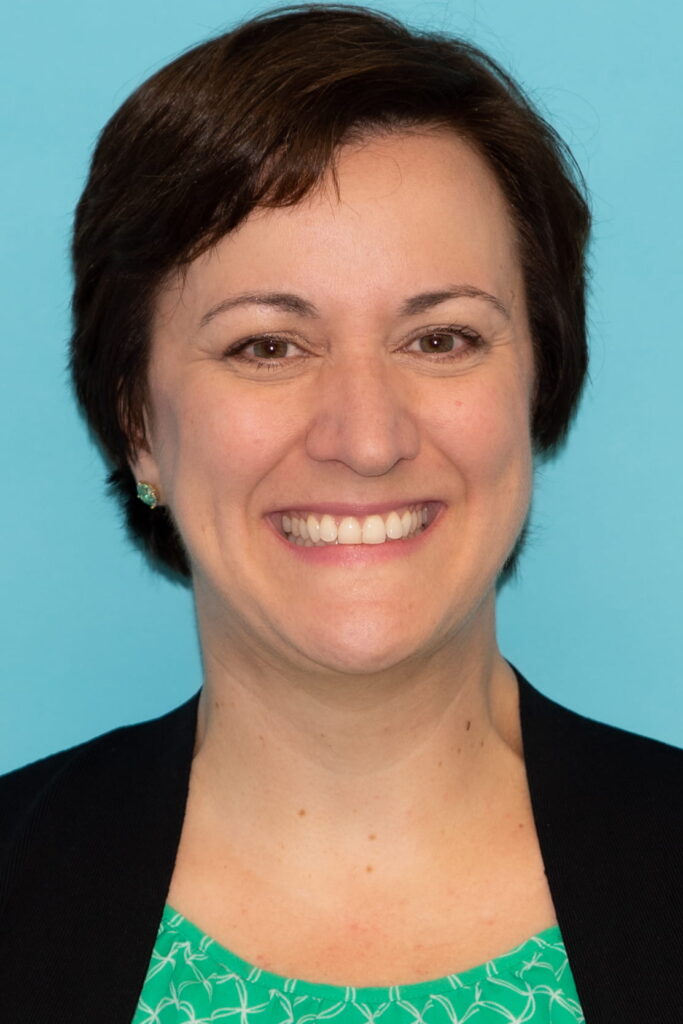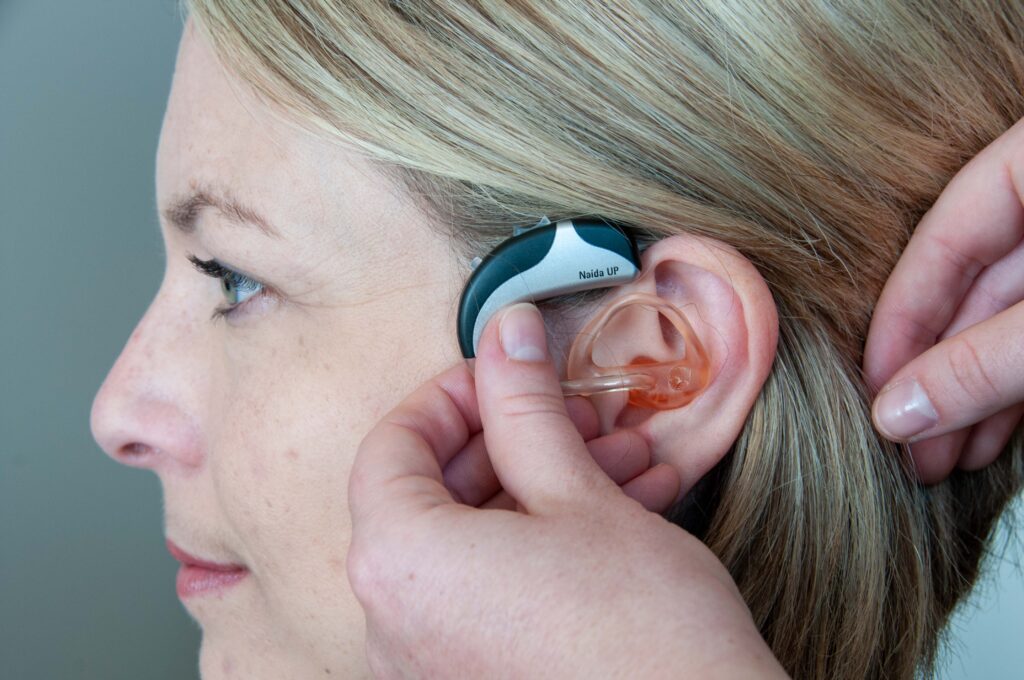In August, the FDA issued a final ruling to allow access to safe, effective, and affordable hearing aids for millions of Americans. The rule, Establishing Over-the-Counter Hearing Aids, enables consumers 18 years of age and older – with perceived mild to moderate hearing loss – to purchase hearing aids directly from stores or online retailers. The ruling eliminates the requirement for a medical exam, prescription, or fitting by an audiologist.
Amanda Ortmann, PhD, director of adult audiology at Washington University School of Medicine spoke with local news outlet KSDK about the ruling and how WashU audiologists can help patients answer questions about which over-the-counter devices might be best for them.

According to Ortmann, the ruling has the potential to improve the lives of many patients with hearing loss since only one in five currently seek medical care for their condition. The FDA ruling will allow people greater access to over the counter self-programmed hearing aids.
Ortmann explained that while this will improve access for those who cannot get to a clinical setting, people with hearing loss will be faced with the overwhelming decision of choosing the right product and modifying the settings appropriately and independently.
“The audiologists at Washington University are here to help,” she said. “We will work with patients to find a hearing aid that is right for them. We offer a variety of products and telehealth services for the convenience of the patient.”
See KSDK’s report featuring Ortmann here »
The rule is designed to assure the safety and effectiveness of over-the-counter (OTC) hearing aids, while fostering innovation and competition in the hearing aid technology marketplace. That competition is also expected to lower the cost of hearings aids.
According to the FDA, an estimated 30 million adults in the United States are impacted by hearing loss, which impacts their communication, relationships, school or work performance, and emotional well-being. Proper aural rehabilitation – which can include hearing aids and other devices can help many patients overcome these disabilities.
